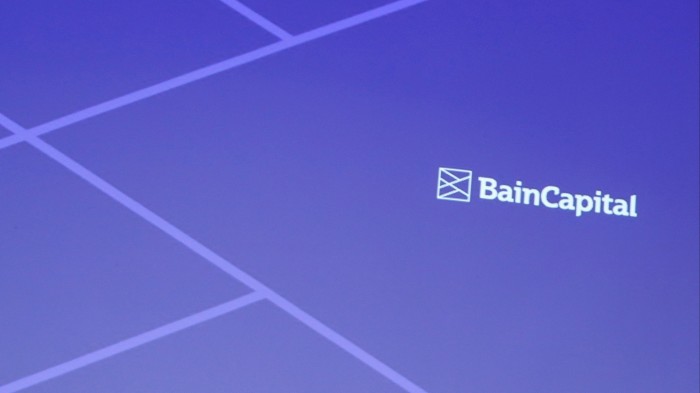Stay informed with free updates
Simply sign up to the Pharmaceuticals sector myFT Digest — delivered directly to your inbox.
Bain Capital has placed a $3.3bn bet on a historic shift in Japan’s conservative drugs approval regime by buying a pharmaceutical company founded more than three centuries ago.
The US firm on Friday agreed a deal for Tanabe Pharma with longtime owner, Mitsubishi Chemical Group, in the largest-ever private equity deal in Japan’s healthcare sector.
The carve-out puts Bain in control of a drugs company that was founded in Osaka in 1678, when Japan was still ruled by a shogun military commander. It is part of a wider trend of global private equity firms competing fiercely to deploy capital as governance changes push large Japanese conglomerates to sell non-core businesses.
Bain has bought Tanabe in the hope that it can tap into its own connections to other global pharmaceutical groups to find and license new or promising drugs to bring to Japan, particularly new drugs treating rare diseases.
For years, Japan has suffered from what is known as the “drug loss” phenomenon. Its highly conservative regulatory stance, including a requirement that drugs be tested on Japanese subjects in addition to original clinical trials, means products approved by overseas regulators often do not receive approval in Japan.
The expense of running such trials has often been considered too high for foreign drugmakers to bother filing applications in the country. The result is that Japanese patients suffer from a historically large gap between the number of drugs and treatments available to them compared with their counterparts in the US and elsewhere.
As of March 2023, 86 drugs approved in Europe and the US have yet to be developed in Japan, according to the Pharmaceuticals and Medical Devices Agency.
However, in a belated attempt to address the issue last year, the Ministry of Health, Labour and Welfare took steps to ease the requirements for approval applications, especially for drugs viewed as potentially very beneficial to patients in Japan. That change represented an opportunity, said senior executives at Bain.
“This kind of carve-out partnership, which couples knowledge and experience of Japan with really deep scientific expertise . . . is one of the most effective solutions to solving the drug loss problem in Japan and turning around the growth of major pharmaceutical companies,” David Gross, co-managing partner of Bain Capital and its lead in Asia, told the Financial Times.
The firm had been in conversation with Mitsubishi Chemical for years, but the opportunity to buy Tanabe only materialised recently, said Gross.
Under its new chief executive, Manabu Chikumoto, appointed last year, the group has streamlined its strategy and cashed in on non-core assets in order to focus on petrochemicals.
Bain wants to use proceeds from sales of Tanabe’s blockbuster treatment for ALS, a type of motor neurone disease, to buy new drugs that can be sold in Japan.
The ALS drug, Radicava, is expected to lose its patent exclusivity in 2029 and face competition from generics, giving Bain four years of cash flow in the meantime to invest.
“We can leverage that [cash flow] and then build up that new capability, bring in new drugs to go on this pipeline,” said Gross.
Tanabe could then use its strong sales and distribution channels in Japan to market the drugs.
Bain also intends to strengthen the company’s ability to produce drugs through internal research and development, but Gross acknowledged this would take three or more years to accomplish, given the complexity of the task.
“I think we have some work to do to identify the promising technologies that they have,” he said. “You can find oftentimes there are quite promising molecules . . . on the shelf. And so it is a question of matching that with a commercial opportunity, accelerating it a bit and getting it into the pipeline.”


